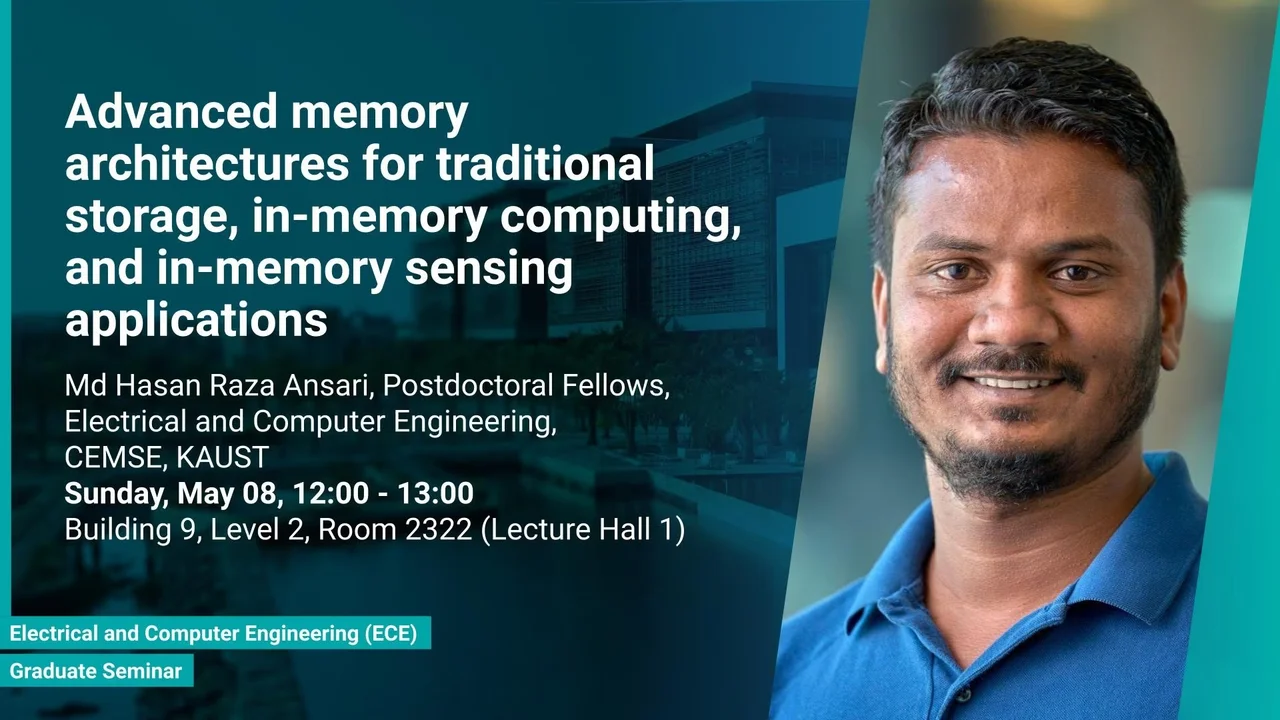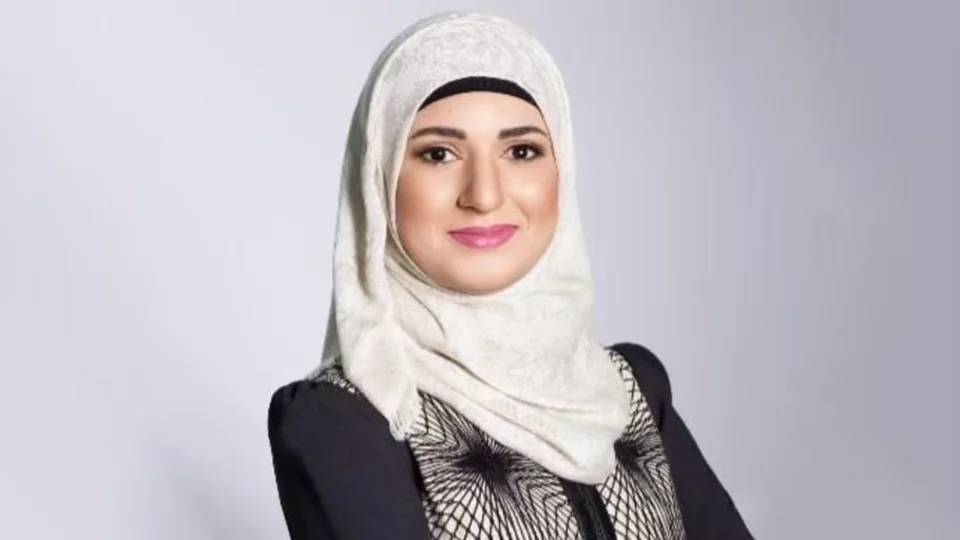
Advanced memory architectures for traditional storage, in-memory computing, and in-memory sensing applications
Since Moore's law is facing several bottlenecks, electron devices are currently developing toward the trend of “More than Moore” which is based on functional diversification in terms of sensing, storage, and processing of information.
Overview
Abstract
Since Moore's law is facing several bottlenecks, electron devices are currently developing toward the trend of “More than Moore” which is based on functional diversification in terms of sensing, storage, and processing of information. This multifunctionality is thought of as another form of miniaturization of the electronic devices, where noncomputing devices are merged with digital ones, leading to faster and more energy-efficient processing of data. In this talk, I will discuss our work on using advanced charge-based memory architectures in non von Neumann computing including in-memory computing and neuromorphic computing, as well as traditional storage applications. Complementary to these technologies, I will also present our work on in-memory sensing where devices are able to sense and store data in a single charge-based memory device. This merger between sensors, memory and/or computing enables faster and more real time data analysis, which is a requirement for various state-of-the-art applications such as AI, IoT and VR, among others. Finally, towards achieving the same goal, I will also present our work on 4D printing which allows us to merge between sensors and actuators for a wide range of applications including robotics, energy and healthcare.
Brief Biography
Md. Hasan Raza Ansari (Member, IEEE) received the M.Tech. degree in nanotechnology from the Vellore Institute of Technology, Vellore, India, in 2016, and the Ph.D. degree in electrical engineering from the Indian Institute of Technology (IIT), Indore, India, in 2019. After his Ph.D., he worked as a postdoctoral fellow at Gachon University, South Korea, from 2019 to 2021. Currently, he is working as a postdoctoral fellow in the CEMSE division, King Abdullah University of Science and Technology (KAUST), Saudi Arabia. His current research interests include advanced logic devices, emerging memory devices, neuromorphic devices and circuits, in-memory and in-sensor computing.
